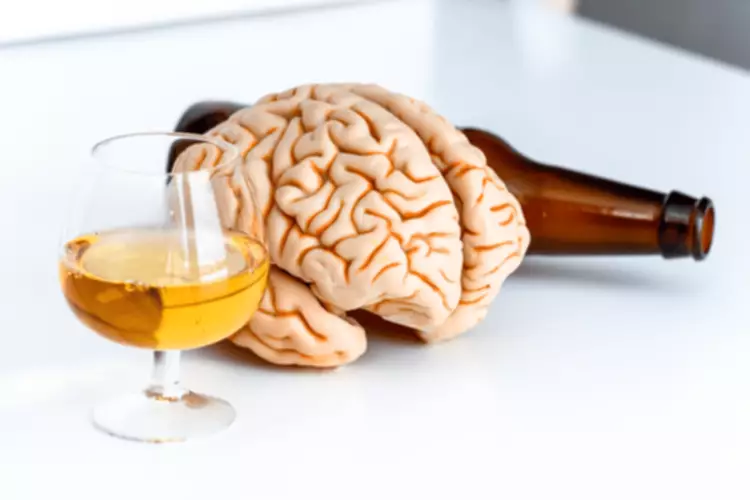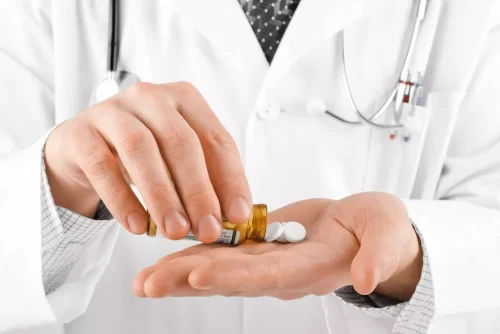
Alcohol increases the potency of GABA, which is why it has sedating and relaxing effects. Increasing your alcohol tolerance is best done by gradually drinking more servings over time, but there are also things you can do before drinking that will help, too. The most important thing to remember, though, is that you should always drink responsibly, which means pacing yourself and stopping when you or others think you’ve had enough. Prior studies on the association between cannabis use and these cancer types have been inconsistent. More studies are needed to determine whether ingesting cannabis could have the same impact on head and neck cancer risk as smoking it. This lack of robust evidence is also acknowledged by the study authors.

Factors That Can Affect Alcohol Tolerance

You’re also going to be drunker than you think you are and are more likely to do something stupid. Additionally, caffeine is a diuretic, like alcohol, so it will further dehydrate you and increase your chances of getting the spins faster. We’re not saying we never do this, we’re just saying that you should be careful when you do. How long it takes to reset one’s alcohol tolerance varies from person to person and typically depends on the duration and frequency of drinking. However, most cases of alcohol tolerance can be reset within one to two months of abstinence. Alcohol tolerance is often indicative of an underlying issue and could be a prelude to more serious alcohol-related problems.
Four reasons why your tolerance for alcohol can change
Tolerance can develop much more quickly if alcohol is always consumed in the same environment – for example, if you only drank at home during lockdown. Some people have slower variants of these enzymes, which has been linked to tolerance and dependence. Usually, one standard drink is metabolized in one hour, but people who have little or no ADH have no simple way of metabolizing the alcohol. Thus they develop effects and build tolerance faster than people who do have ADH.
You deserve excellent care and a rewarding life in recovery.
Later during the drinking session, you’ll exhibit fewer signs of intoxication despite having the same BAC as when you started drinking. However, other factors like the ones listed below can lead to its development. It’s when the same amount of alcohol can no longer produce the same effects.

Drinking Habits
Injectable Naltrexone (Vivitrol) injections are given once a month, providing a way to get beneficial effects for 30 days at a time. Patients can and do drink while taking naltrexone, but it is less pleasurable, and they also take Naltrexone to prevent or decrease anticipated likely drinking events. College students tend to also be at a higher risk of developing a high tolerance.
When present, along with at least one other symptom, tolerance can indicate alcohol use disorder. If you think your alcohol tolerance is increasing or need help cutting back on drinking, consider reaching out for professional addiction treatment. But if they start drinking at their previous levels again, alcohol-related impairments in cognition and behaviour could return – but after having smaller amounts of alcohol.
- A higher tolerance means you are likely to drink more at one time, which puts you at risk for experiencing adverse and potentially dangerous side effects from alcohol.
- Having clear goals provides the required motivation to take the needed steps.
- At this stage, the individual is said to have built alcohol tolerance.
- This is of particular concern when you’re taking certain medications that also depress the brain’s function.
For instance, people with a variant of the ADH1B gene, which codes for an enzyme that breaks down alcohol, tend to have a naturally high alcohol tolerance. The ALDH2 gene, which codes for an enzyme that breaks down acetaldehyde, a toxic byproduct of alcohol, also influences alcohol tolerance. Genetic influences are also one of the primary causes of addiction, with studies suggesting that 40% to 60% of a person’s addiction risk may be due to genetic factors.
- Constant exposure to alcohol in several settings can lead to higher tolerance levels.
- If you regularly played darts or pool at the pub prior to lockdown, a loss of learned tolerance could mean that you don’t play as well as you used to when you have a game after a few drinks.
- A person’s drinking won’t significantly affect their behavior and function.
- One reason for this, according to researchers, is because men and women metabolize alcohol differently.
- Alcohol tolerance is an unavoidable part of regular alcohol use, but it can lead to harmful consequences if left unchecked.
- Do you feel like your tolerance for alcohol is increasing over time?
Use Brain Good

A few factors, including genetic makeup and chronic drinking, determine alcohol tolerance. High alcohol tolerance can lead to excessive drinking, increasing the risk of alcohol use disorder (AUD) and other health issues. However, your body is highly adaptable; it can adjust to regular heavy drinking. Your nervous system communicates through inhibitory and excitatory chemicals. GABA is an inhibitory chemical that slows down activity when it’s time to rest and relax. A period of heavy drinking may cause your brain to respond by producing fewer inhibitory chemicals and more excitatory chemicals.
Promises Can Help Bring Tolerance Back Down
Dietary Guidelines recommend keeping drinking habits to a minimum, which they define as no more than two drinks per day for men and one per day for women. Alcohol withdrawal occurs when you are physically dependent on alcohol and suddenly stop drinking or significantly reduce the amount you consume. This is because your brain and body have adapted to the presence of alcohol and have compensated in several ways to function well how to have a high alcohol tolerance when intoxicated. When you abruptly stop drinking, these compensations result in alcohol withdrawal symptoms, which range from uncomfortable to potentially life-threatening. Drinking alcohol every day can result in a high tolerance to alcohol, which can contribute to the development of an alcohol use disorder (AUD). The effects of alcohol on the body, alongside continued consumption, can lead to a functional tolerance.
